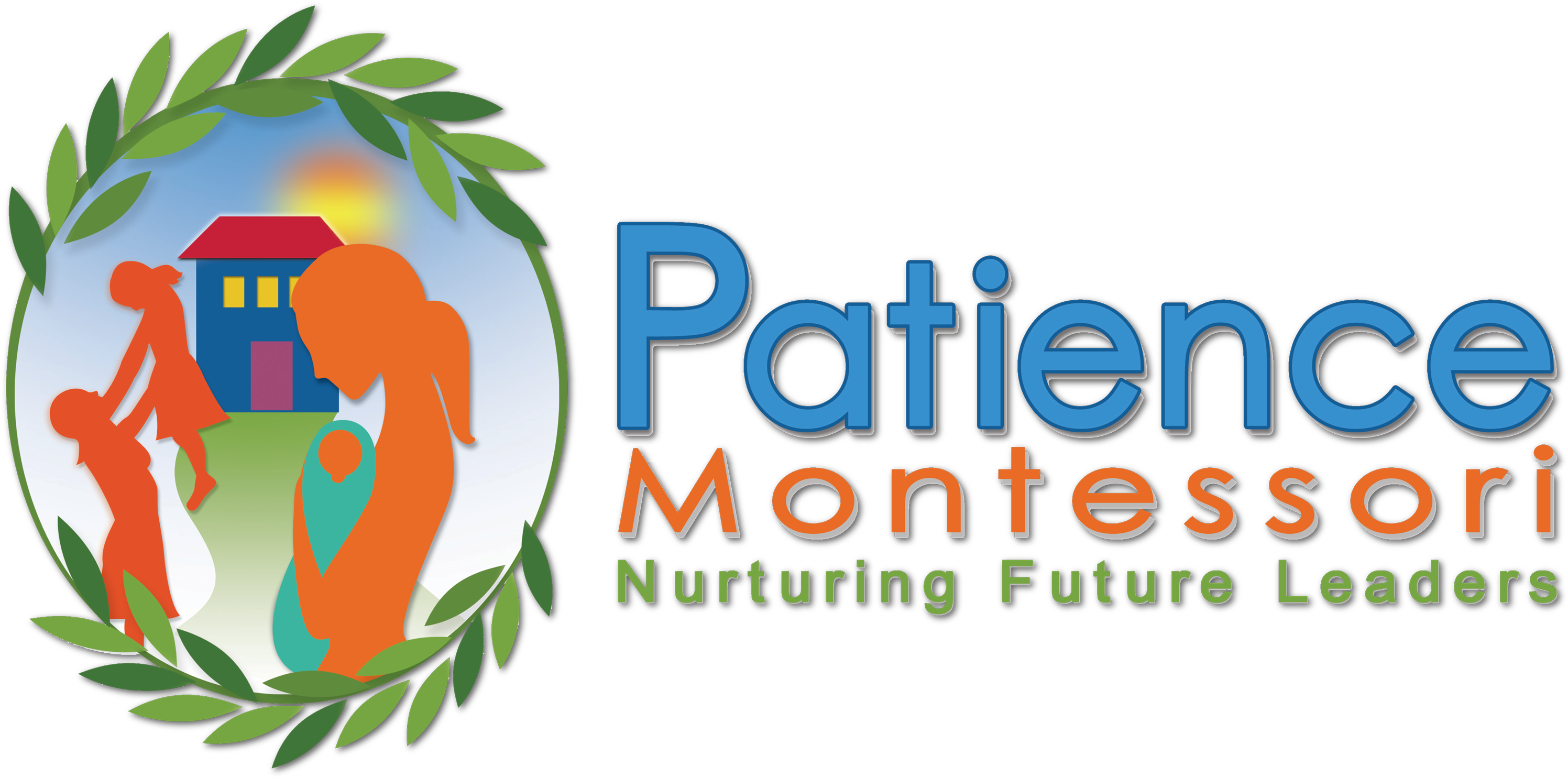Frequently Asked Questions
▶What is “Montessori” and how does it impact the students at Patience Montessori School?
“Montessori” is the short name for a groundbreaking child-centered philosophy of education and method of teaching developed by Italian educator and physician, Dr. Maria Montessori.
Montessori differs from other childcare principles in that it focuses on the child, and on making the child successful – on the child’s terms, not on the basis of what is most convenient to the teacher or institution. The educational method pioneered by Maria Montessori does not have any political or religious background, but is heavily focused on helping children reach their full potential, and that children educated in a nurturing environment are more likely to help achieve peace in our world. Maria saw that children could be given far more than a supervised environment while their parents are at work. Instead, Maria Montessori saw that children can learn amazing things that enrich them, their families, and our society, in a fun, nurturing, and supportive environment.
Montessori schools around the world are free to interpret Maria Montessori’s principles in different ways, so programs can vary, and motivated schools like Patience Montessori School can keep their program current while preserving time-tested approaches and core values. At Patience Montessori School, central Montessori principles, such as encouraging a child’s innate desire to learn, providing a prepared child-friendly learning environment, and supporting children’s need to learn and progress at their own pace remain the foundation of the program. Patience Montessori is heavily focused on enabling learning and growth at a pace that children can enjoy and celebrate.
▶ Is Patience Montessori School an accredited school?
Absolutely, yes! In fact, Patience Montessori School is licensed by the State of Colorado Division of Childcare. Patience Montessori School is an initiated member of the American Montessori Society (AMS). The school meets or exceeds strict Fire, Health, and Child Care regulations that are monitored by the appropriate regulatory agencies on a frequent basis.
▶ How well do Patience Montessori School students handle the transition to new schools when they leave?
Exceedingly well! Guidance counselors and admissions officers from the area’s most demanding private and public schools consistently report that Montessori students excel in their new environments because of their knowledge base, their poise and confidence, and their eagerness to learn. We have a reputation for working with children to help them become “confident achievers.” But in a larger sense, the Montessori philosophy is better measured by the characteristics its graduates have in common: a lifelong love of learning, strong skills, honed problem-solving ability, self-confidence, finely honed social skills, and a strong social conscience. The records of prominent Montessori graduates speak for themselves: Sergey Brin and Larry Page of Google, Jeff Bezos of Amazon, Bill Clinton, Julia Child, and many other notable figures.
▶ What is Patience Montessori School’s viewpoint on student assessment?
Student assessment focused on observation, dialogue and presentations is an important and everyday part of Patience Montessori School’s classroom approach. Teachers use frequent assessments to plan their next lessons and to individualize instruction. Assessment at Patience Montessori School is a normal part of everyday school life and is stress-free and aimed to help, rather than categorize and segment children. Montessori’s principles are focused on building strengths and nurturing areas for improvement. This is dramatically opposed to traditional methods of test-based assessments, which categorize students, force them to learn at a pace that may not be aligned to individual student needs, and does very little to help students improve on areas where opportunities for growth exist.
▶ What is the value of multi-age classes?
Young children flourish more rapidly in classes that span 2 or 3 years. We find that since children stay with the same teacher for several years, the entire group enjoys the warmth and closeness of a “second family.” Teachers come to know students well, so they can use a child’s own interests to enrich curricula and provide alternate avenues for accomplishment and success. Multi-age grouping encourages older children to assist and mentor their younger classmates, while the younger ones look forward to moving on to the more challenging activities they see around them. Most importantly, the multi-age grouping allows children to masterwork at their own pace. Students move on to advanced topics as they are academically prepared for them, not simply when they reach a given age level.
▶ What is the school’s student-teacher ratio?
We’re proud to be a small school that features a student-teacher ratio that is below state childcare regulations, as low as 4 children to 1 teacher.
 (303) 449-5214
(303) 449-5214